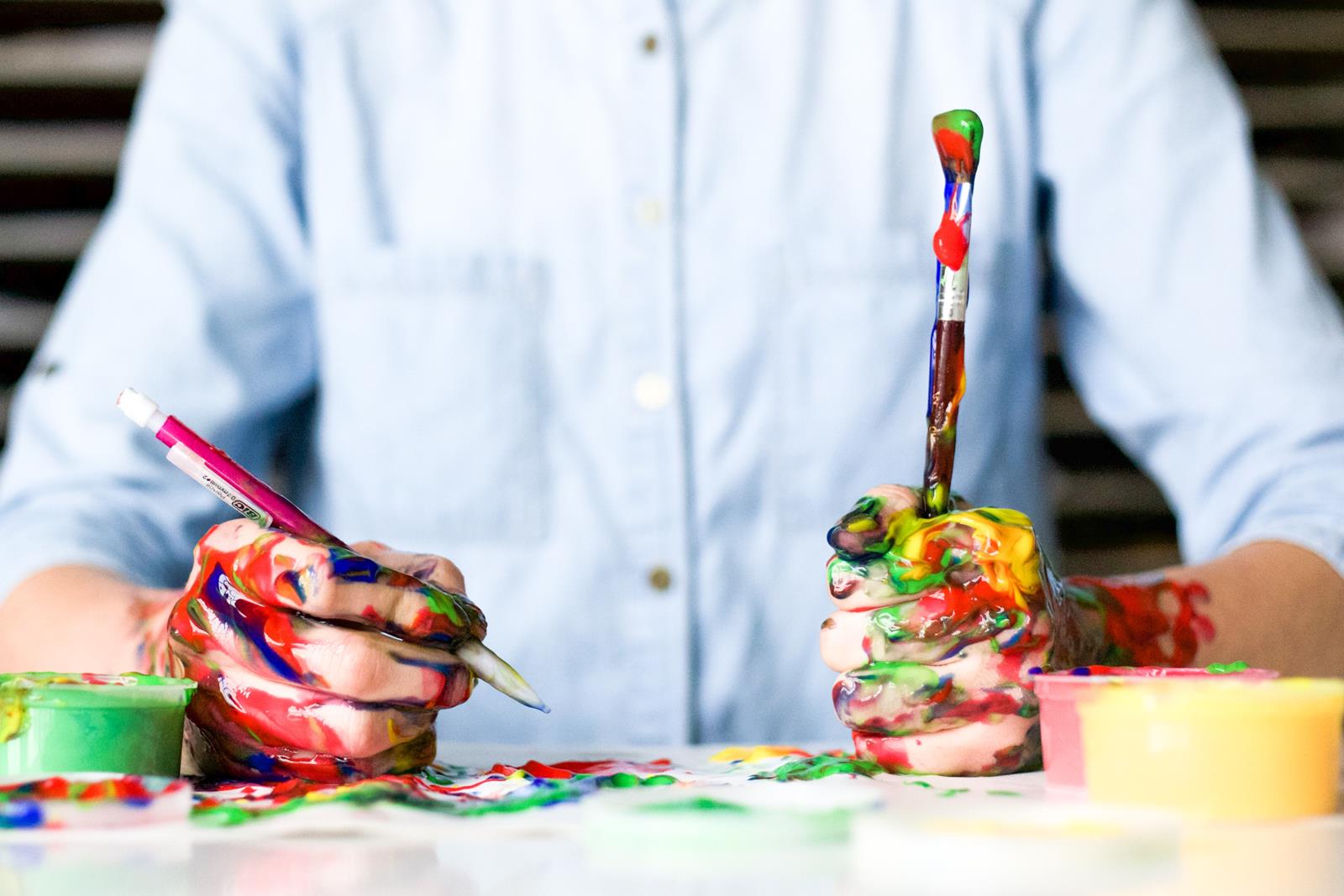
31 Aug
Your Hobby Can Be Your Best Partner For Well-Roundedness
A hobby is an everyday activity performed for pleasure, usually during one free period of time. Most hobbies are not performed professionally (or at least for payment), but are done casually. Hobbies range greatly, from playing tennis to knitting to building model cars.
Having a hobby can help improve your mental and physical health, as well as helping you relax. If you have a hobby that helps you relax, you will be less likely to have anxiety or feel depressed after a stressful day. If you are more physically active, having a hobby that also contributes to your physical health can help improve your overall health. Many hobbies that help improve mental and physical health include gardening, physical fitness training, weight lifting, swimming, yoga, and bicycling.
A hobby can teach you to better manage your time. When you participate in a hobby, you learn new skills, get rid of repetitive tasks, learn how to budget your leisure time, and become more organized. You can also learn new skills when you are taking a break from your job or school. You can develop problem-solving skills, creativity, discipline, time management, organizational skills, and more.
Hobbies can be both challenging and enjoyable, so they provide a form of self-care. Hobbies don’t need to be expensive or involve specialized equipment. In fact, most hobbies are easy to do on your own. They may require creative thinking, a sense of adventure, a desire to explore new areas, or even borrowing tools and materials from friends and family. If you do a hobby on a regular basis, you’ll be better able to focus on and nurture yourself.
There are many hobbies you can choose to do or try one for the first time. Some hobbies you may want to try include wood burning fireplaces, outdoor kitchens, sewing, fly fishing, yoga, boating, cooking, scrapbooking, painting, music, gardening, pottery, crafts, sports, swimming, golf, traveling, dancing, playing board games, video games, or playing games on the computer. Try one or two hobbies a month, to see which ones you enjoy the most and that piques your interest the most. Then gradually introduce more hobbies into your life, such as riding roller coaster rides at a theme park, camping, going to the dentist, or learning to play an instrument. You may even decide to take up another hobby.
Maintaining a hobby also provides a great outlet for creativity and self-expression. Many psychologists suggest that keeping a hobby can help make you feel more positive, independent, and good about yourself, so you can enjoy your life more fully. Hobbies provide you with a way to relax and spend time doing something you love. The release of tension and stress from everyday activities, as well as the release of endorphins are other ways to help make you a happier person, both in mind and body.
If you don’t have a hobby yet, start one today. Having a hobby provides you with a unique opportunity to meet new friends, socialize, get motivated, exercise, create, explore, share, and appreciate your own skills, talents, abilities, interests, talents, etc. Having a hobby gives you an opportunity to build your mental well-being, physical well-being, spiritual well-being, social well-being, time management, money management, and much more. You can become a better-rounded person, by finding a new hobby or joining a local group in your area that is dedicated to hobbies.
The benefits of your time spent in your hobbies will be endless. In particular, your ability to use your leisure time creatively will give you a sense of accomplishment, as well as boost your self-confidence and self-esteem. In addition, the time spent doing your hobbies will provide you with opportunities for making new friends, building new relationships, developing spiritually, exploring and experiencing new hobbies, learning about how to meditate or practice yoga, learning how to do wood carving, painting, playing music, sewing, or pottery, or learning about a host of other creative hobbies.
Proudly powered byWordPress. Theme byInfigo Software.








